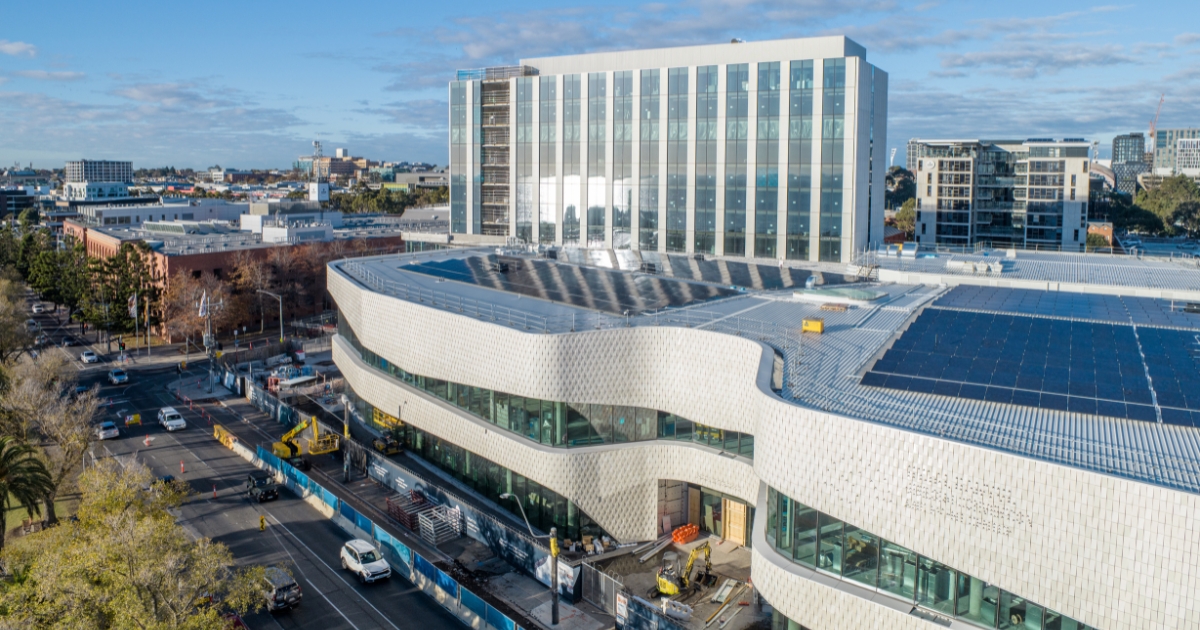Priorities set for Geelong’s four-year wellbeing push

Increasing access to safe, healthy and sustainable food is a key priority in the City of Greater Geelong's new four-year health and wellbeing strategy. Pictured here is horticulturist Liam taking care of the vegetable patch at the Geelong Botanic Gardens. Photo: CITY OF GREATER GEELONG
LOWER rates of psychological distress, access to safe and affordable housing, and higher levels of physical activity are among the goals outlined in the City of Greater Geelong’s new health and wellbeing strategy.
Adopted at its council meeting last week, the new four-year plan aims to bolster the health and wellbeing of the community and reduce existing health inequities across the region, recognising local government’s role in shaping the social, environmental and economic factors that influence health.
The strategy is divided between six key priorities. They are:
- Mental wellbeing and social inclusion
- Equitable access of safe, healthy and sustainable food, particularly for those facing additional barriers
- Active living to improve physical health
- Gender equity and the prevention of violence
- Addressing health impacts associated with climate change, and
- Reducing harm related to tobacco, vaping, alcohol misuse and gambling.
To bring about progress in each of these areas, a number of key initiatives and actions have been identified in the strategy, including support for community-led initiatives that address food insecurity, investment in infrastructure that promotes physical activity, and partnerships to offer free or low-cost events and programs that provide opportunities for social connection.
“The city is working closely with community groups, organisations and other agencies, including local health services and educational institutions, to bring important initiatives and actions to life,” mayor Stretch Kontelj said.
“We’ll be keeping an eye on the progress of the strategy through annual reviews to ensure it reflects emerging community needs.”
Cr Emma Sinclair celebrated the strategy’s focus on loneliness, highlighting research that suggests the health risks associated with a lack of social connection are equivalent to smoking 15 cigarettes a day.
“It’s a significant health issue that gets a little bit lost under the banner of mental health,” she said.
The city’s most recent preventative health survey, conducted last year, found 25 per cent of Greater Geelong residents are experiencing loneliness. This rate is much higher for young people aged between 18 and 24 years (60 per cent), people with a long-term disability (61 per cent) and for those living in Cr Sinclair’s Charlemont Ward (42 per cent).
Cr Rowan Story, chair of the city’s health portfolio, thanked the community for its input.
“Detailed community feedback has ensured the community health and wellbeing strategy identifies areas of health disparity across the region and [provides] a roadmap forward to address these key concerns,” he said.
“Thank you for caring about the health and wellbeing of our diverse community by raising issues such as loneliness, social inclusion, green neighbourhoods and homelessness.”

















